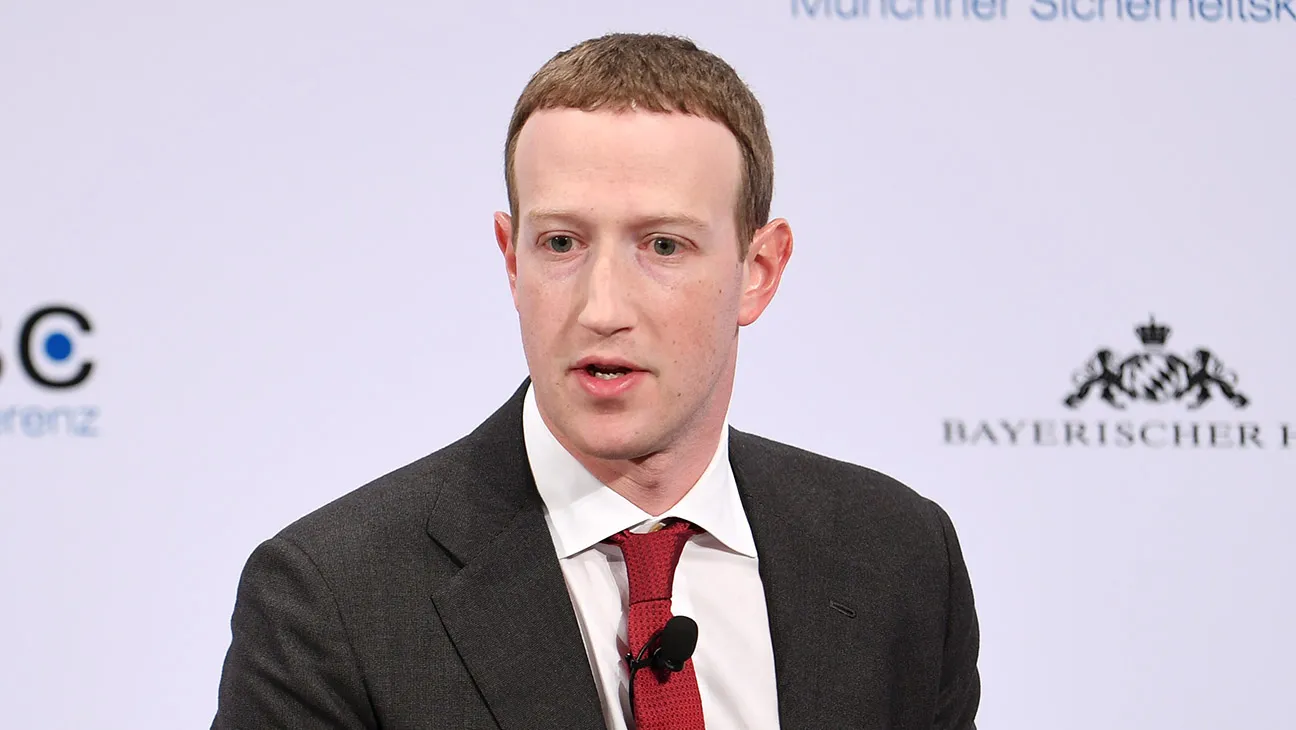
Meta CEO Mark Zuckerberg and Spotify CEO Daniel Ek have expressed concerns over the current European regulations on open-source artificial intelligence (AI), suggesting that these rules could hinder Europe’s progress in the AI field, as reported by Reuters.
In a joint statement released on Friday, the two CEOs criticized Europe’s regulatory framework, describing it as fragmented and inconsistent, which they argue hampers innovation and slows down the efforts of developers. They pointed out that Europe has more open-source developers than the United States, positioning it well to capitalize on the open-source AI trend. However, the complex regulatory landscape makes it difficult for these developers to thrive.
Zuckerberg and Ek stated that instead of having clear and straightforward guidelines, the tech industry in Europe is faced with overlapping regulations and inconsistent directions on compliance. They believe that a more streamlined regulatory system would accelerate the growth of open-source AI and provide much-needed support to developers across Europe, as well as to the broader creator ecosystem.
The concerns of these tech leaders are underscored by recent regulatory actions in Europe. In June, the Irish privacy regulator requested that Meta delay the launch of its AI models in Europe. This request came after Meta was told to postpone its plans to use data from Facebook and Instagram users for AI development. As a result, Meta’s new AI models, such as Llama multimodal, which can interpret images, might not be introduced to European users.
Zuckerberg and Ek warned that if the current regulatory issues are not addressed, Europeans may end up using AI systems that were developed with other markets in mind, rather than those tailored for their specific needs.
Spotify, under CEO Ek’s leadership, highlighted its own early investments in AI, which have been instrumental in creating personalized user experiences and driving the streaming service’s success. Both Zuckerberg and Ek criticized the current European regulations, which they believe are counterproductive to the goals of enhancing European sovereignty and competitiveness. They advocate for the simplification and harmonization of regulations, leveraging the benefits of Europe’s status as a single yet diverse market.
In their joint statement, the CEOs called for a new approach that includes clearer policies and more consistent enforcement of regulations. They cautioned that without these changes, Europe risks missing a “once-in-a-generation opportunity” to lead in the AI sector.
Featured Image courtesy of dpa/picture alliance via Getty Images
Follow us for more tech news updates.
